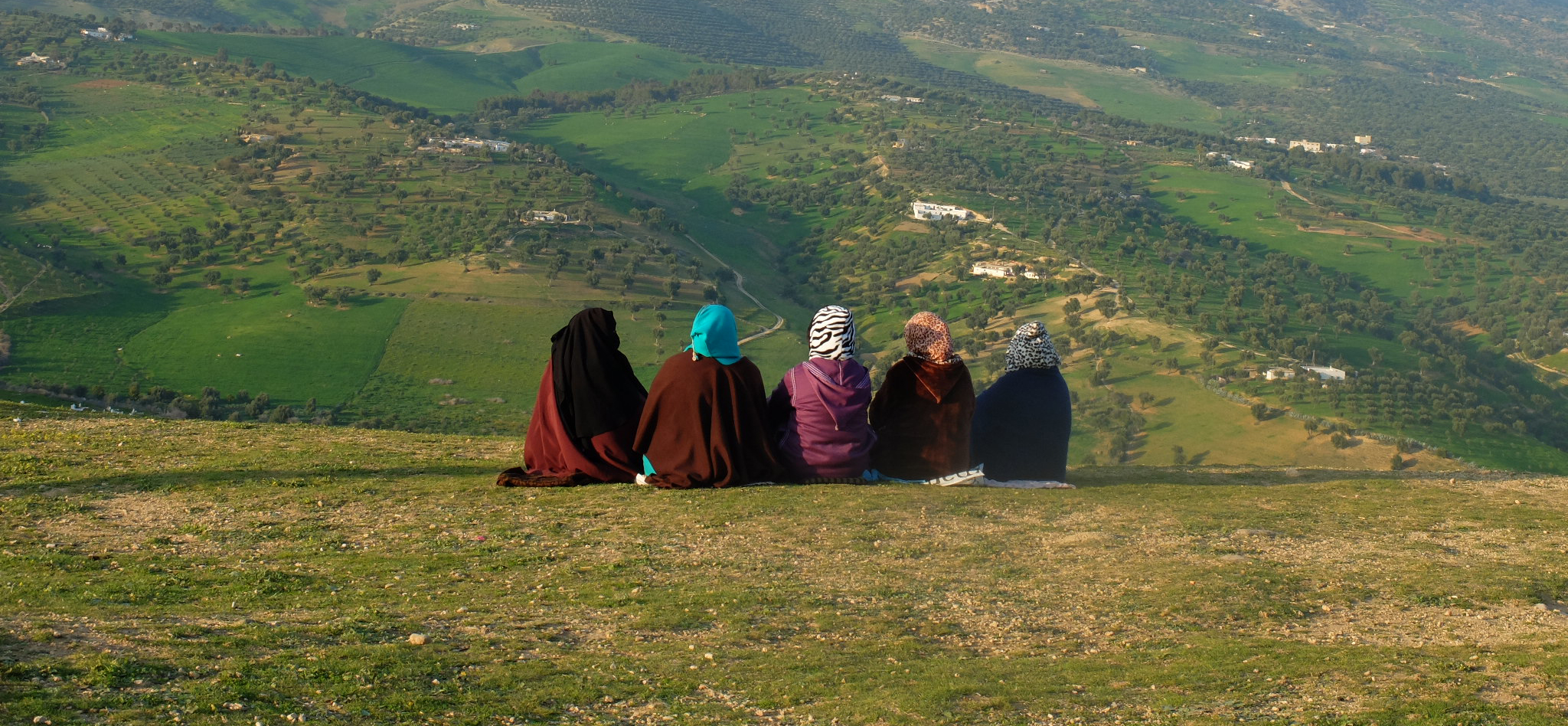PRESENCE IN THE REGION
Amideast was established in 1951 to build human connections between Americans and the diverse peoples of the Middle East and North Africa. This longstanding physical presence in the region has enabled Amideast to develop an extensive network of contacts with local educational and other institutions, organizations, government offices, and civil society.
Amideast has been working in Jordan for 50 years, Tunisia for nearly 50 years, Morocco for 40 years, and the United Arab Emirates for 25 years. We maintain a close relationship with US Embassies in the region and staff members constantly monitor the political and security situation in host countries and in other surrounding countries in the region.
WORLD AWARE & STEP
As part of the program, students are enrolled in Crisis24 and receive up-to-the-minute information in crisis situations. Students will receive detailed information about World Aware and the services available prior to program departure.
All students are also recommended to enroll in the Smart Traveler Enrollment Program (STEP). The Smart Traveler Enrollment Program (STEP) is a free service to allow U.S. citizens and nationals traveling and living abroad to enroll their trip with the nearest U.S. Embassy or Consulate.
Students can also refer to the recommendations of the US Department of State for Jordan, Morocco, Tunisia, and the United Arab Emirates. These country-specific pages have a lot of information regarding health, local laws, and other quick facts.
Upon arrival in-country, all students are also provided with a local cell phone so that Amideast staff can be in contact at any time in case of an emergency.
INSURANCE
As part of the program fee, Amideast provides medical insurance for all students. In addition to medical insurance, Amideast purchases high-quality security evacuation coverage for program participants.
Prior to departure, all students will receive a welcome package via email from Cultural Insurance Services International (CISI). Students will receive a log-in, details of coverage, an FAQ document, their insurance card, and instructions for processing claims.
STUDENT HEALTH
All students should submit a detailed medical profile on the Student Profile prior to departure, and Amideast staff works with students to make accommodations for any mental health, physical health, or dietary needs.
Once in country, program staff helps students deal with health issues as they arise. Staff recommends providers and hospitals both in the host city and in areas visited on excursions. Students can also request that staff accompany them to any medical appointments.
Students can also check for health recommendations from the Centers for Disease Control and the World Health Organization regarding their host country.
RISK MANAGEMENT
In addition to Amideast’s longstanding physical presence and strong relationship with local institutions, risk is managed in the following ways:
- Amideast’s Country Directors maintain close ties to the Regional Security Officers at US Embassies.
- Local program staff members are included in the US Embassy warden network.
- Amideast is a member of the US Department of State’s Overseas Security Advisory Council.
- Amideast contracts with World Aware: Intelligent Risk Systems to provide students direct access to up-to-the-minute information regarding security.
- Field office staff maintains a vital local network and contributes to the understanding of ongoing and developing situations on the ground.
- Key staff members in the field and in Washington, DC are available 24/7 to respond to emergency situations.
- Amideast study centers are accessible only through controlled entrances. Local staff is able to send out text messages (SMS) simultaneously to all students’ program-provided mobile phones to update them instantly as issues related to health, safety, and security developments.
Should a situation develop that presents a specific security risk, appropriate action, within well-defined emergency response plans, will be taken in consultation with US Embassy and Department of State officials.

